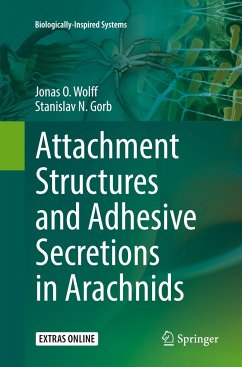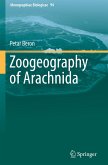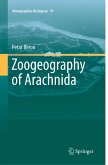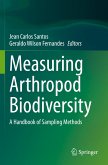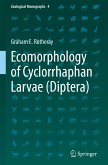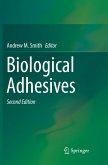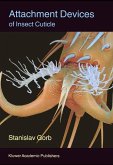This book surveys attachment structures and adhesive secretions occurring in this class of animals and discusses the relationships between structure, properties, and function in the context of evolutionary trends, and biomimetic potential. Topics comprise mechanical attachment devices, such as clamps, claws, hooks, spines and wraps, as well as hairy and smooth adhesive pads, nano-fibrils, suction cups, and viscid and solidifying adhesives. Attachment is one of the major types of interactions between an organism and its environment. There are numerous studies that deal with this phenomenon in lizards, frogs, insects, barnacles, mussels and echinoderms, but the second largest class of animals, the Arachnida, was highly neglected so far. The authors demonstrated that most arachnid adhesive structures are highly analogous to those of insects and vertebrates, but there are also numerous unique developments with some intriguing working principles. Because arachnid attachment organshave a very strong potential of technological ideas for the development of new materials and systems, inspirations from biology could also be interesting for a broad range of topics in materials and surface engineering.
Bitte wählen Sie Ihr Anliegen aus.
Rechnungen
Retourenschein anfordern
Bestellstatus
Storno

